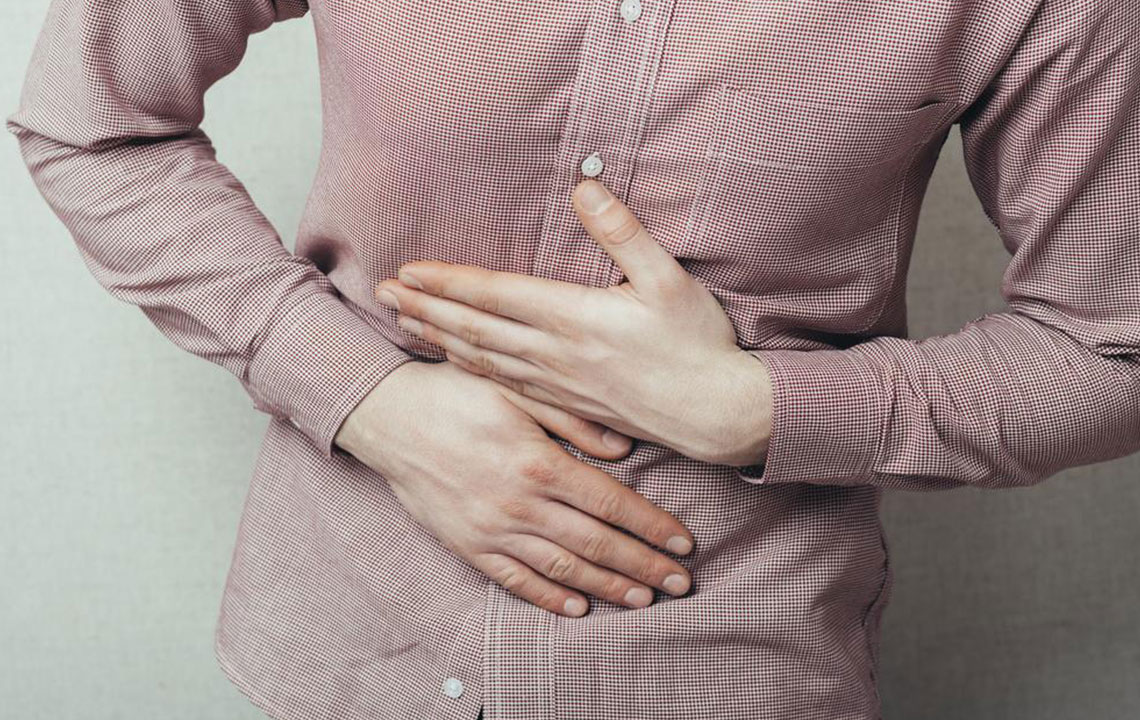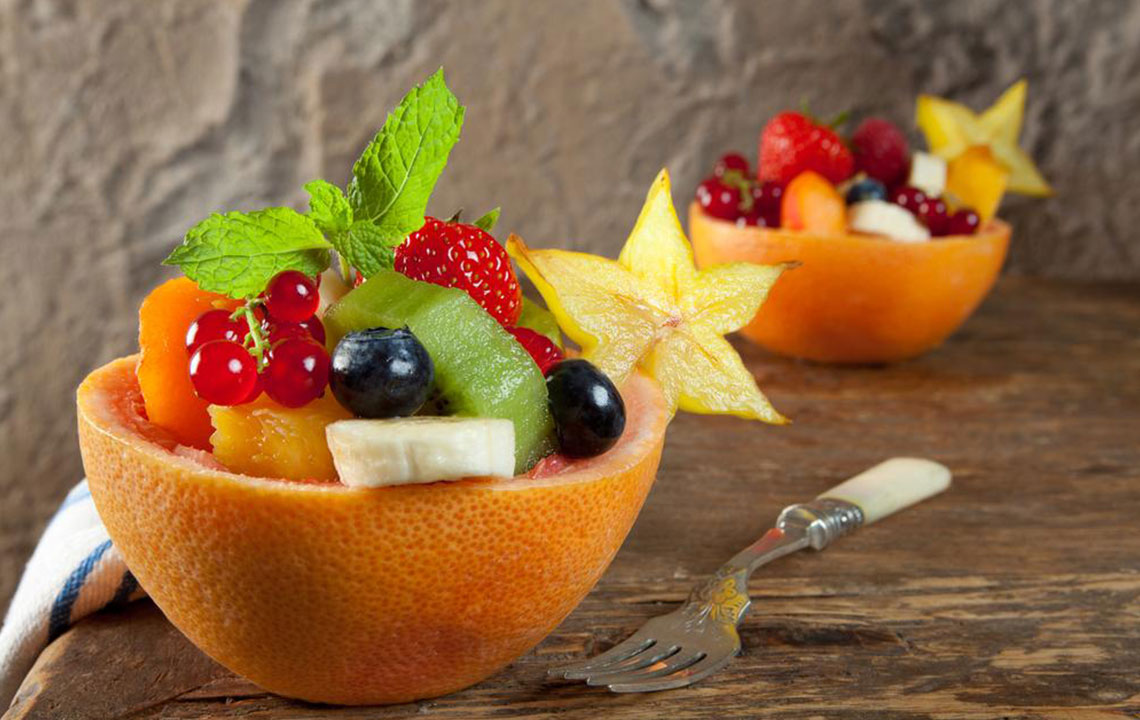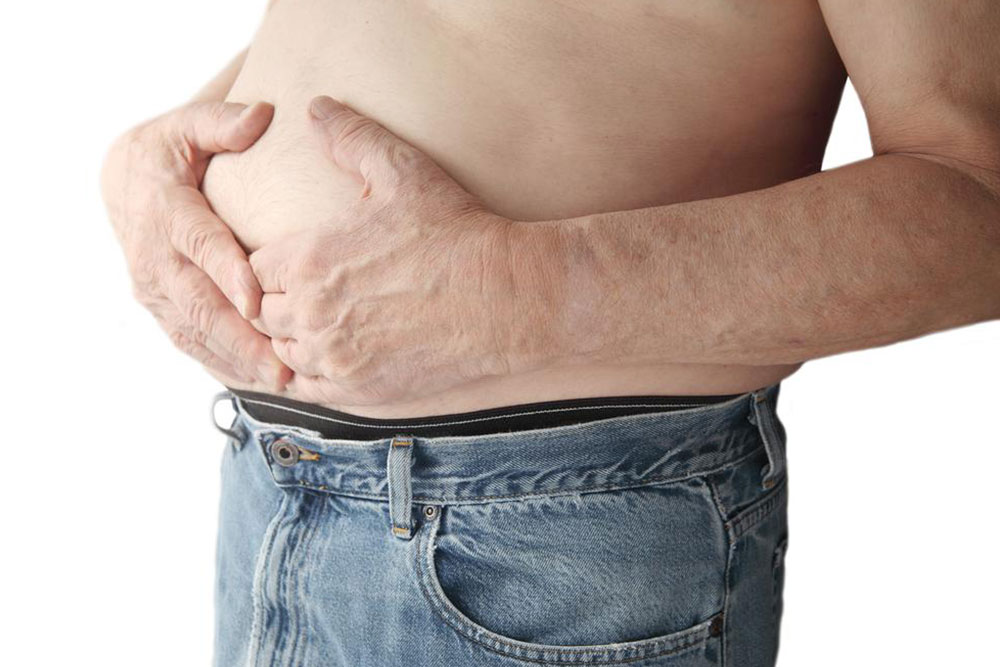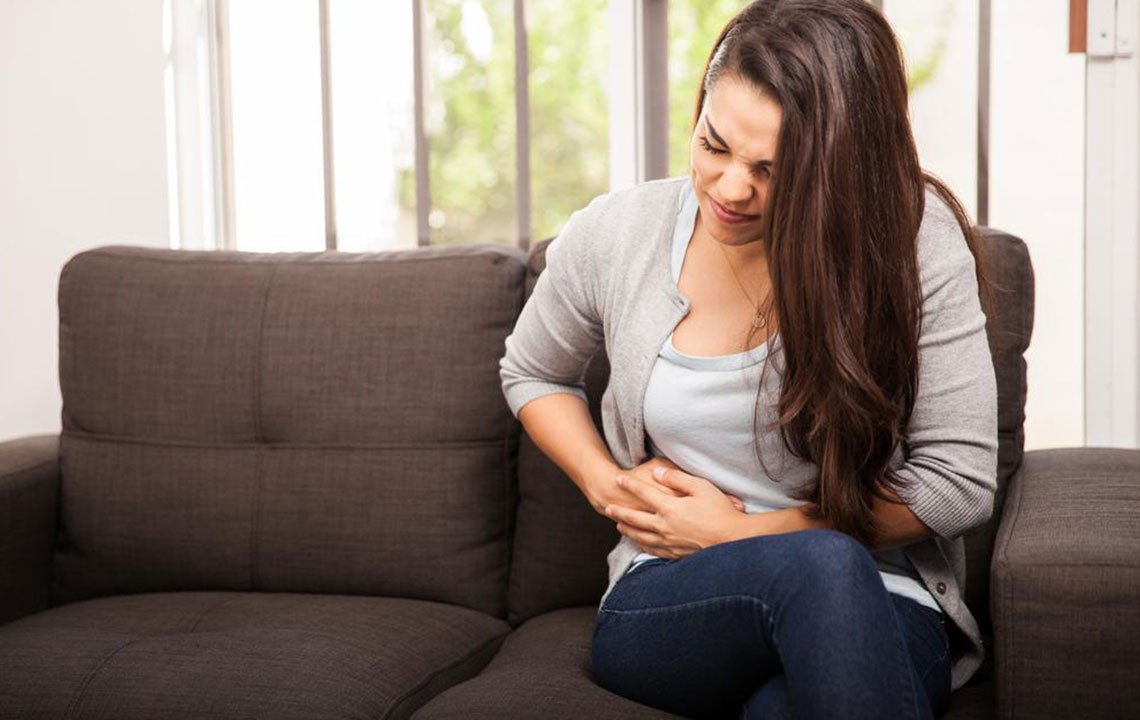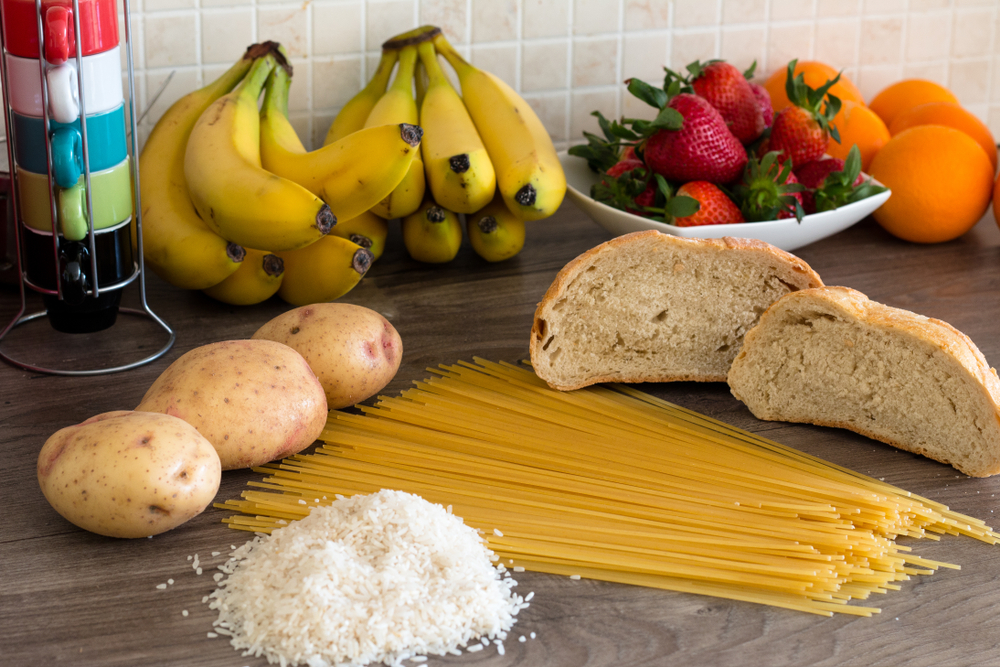Comprehensive Guide to Managing Diverticulitis Diet
Learn all about managing diverticulitis through diet. This guide covers symptoms, recommended foods, foods to avoid, and essential nutrients like fiber and vitamin D. Discover effective dietary strategies to reduce flare-ups and maintain colon health, including natural food sources and when to adjust your intake during different stages of the condition.
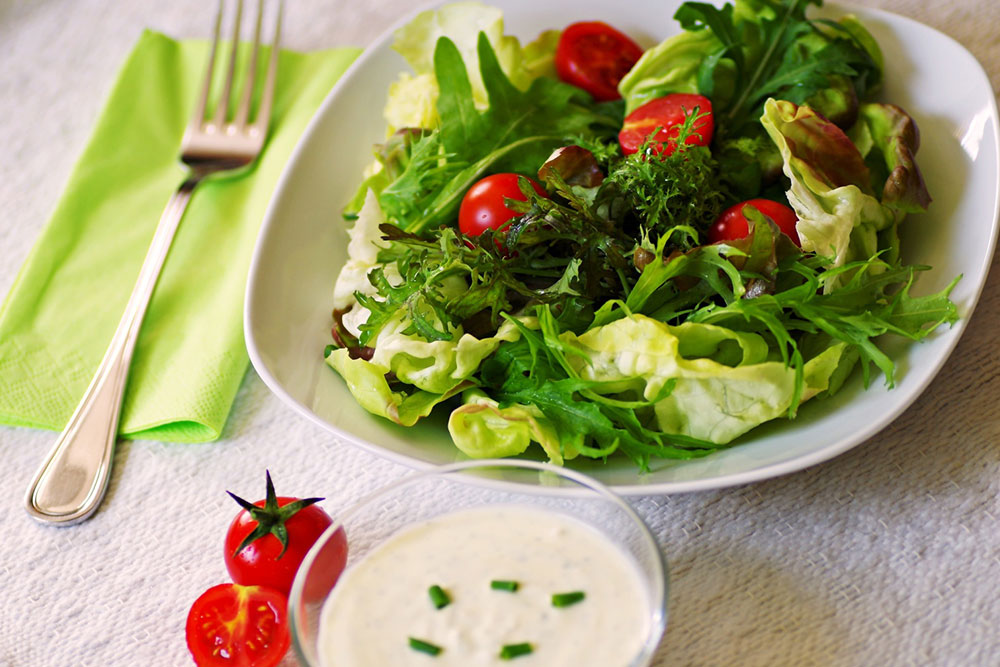
Comprehensive Guide to Managing Diverticulitis Diet
With a rise in digestive disorders, maintaining proper nutrition has become vital. Regular check-ups help keep gut bacteria balanced and support colon cleansing, preventing toxin buildup. Among these conditions, diverticulitis predominantly affects individuals aged 30 to 50, characterized by small pouches forming in the colon wall, leading to inflammation. This condition can cause significant discomfort and sometimes requires surgical intervention. Recognizing symptoms early and adopting an appropriate diet are key to managing this ailment effectively.
Diverticula are tiny sacs that develop when colon muscles weaken, protruding outward and resembling boils or polyps in the large intestine, often causing pain during flare-ups. Proper diagnosis is essential, as severe cases may require surgical removal.
Signs and Symptoms of Diverticulitis
Persistent constipation causing pain and fatigue
Chronic diarrhea unresponsive to antibiotics
Abdominal pain, bloating, and tenderness
Cramps, fever, painful bowel movements
Blood in stool or spotting
Vomiting with cramps and constipation
Dietary Recommendations for Diverticulitis
Following diagnosis, diet adjustments are crucial alongside medication. The debate between low-fiber and high-fiber diets is common. Research now supports a fiber-rich diet to prevent diverticula formation and promote gut health by supporting beneficial bacteria and aiding toxin elimination. Despite past beliefs linking fiber to diverticula, current evidence favors increased fiber intake for managing diverticulitis.
Daily Fiber Intake
Patients with diverticula should aim for 25-30 grams of fiber daily, increasing intake gradually by up to 15% to aid colon cleansing. Whole foods like legumes, vegetables, and fruits—such as spinach, oranges, mangoes, walnuts, broccoli, and lettuce—are ideal. When whole foods are limited, fiber supplements can be used but are less preferred than natural sources.
Fiber Intake During Flare-Ups and Recovery
During acute flare-ups, a low-fiber or clear liquid diet is recommended for at least two weeks. After symptoms subside, gradually reintroduce cooked vegetables and soft fruits without skins to ease digestion.
Vitamin D's Role in Diverticulitis Management
Vitamin D is essential for gut health. Deficiency may worsen gastrointestinal issues, including diverticulitis and irritable bowel syndrome. Natural sources include sunlight exposure during early mornings or evenings—avoid peak daytime hours due to UV rays. Supplementation can be considered after checking blood levels, using tablets, powders, or liquids once weekly.
Foods to Avoid During Diverticulitis
Guidelines suggest avoiding fibrous foods that can irritate the colon, such as nuts, seeds, and certain raw vegetables. Specifically, stay away from:
Corn
Strawberries, raspberries
Zucchini, tomatoes, cucumbers
Watermelon, apricots
Cashews, almonds
Red meat intake should be limited, favoring well-cooked chicken and fish once a month. Avoid frying, and cook meats thoroughly to prevent irritation.

